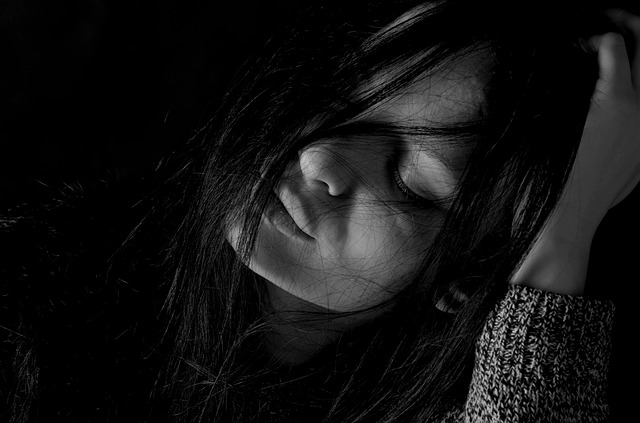KUALA LUMPUR, Dec 23 – Malaysia needs an additional 261 psychiatrists by 2025 and an extra 493 psychiatrists by 2030, according to the Ministry of Health (MOH).
MOH aims to provide a ratio of one psychiatrist for every 50,000 Malaysians by 2025 and one psychiatrist for every 30,000 residents by 2030 nationwide.
That means a total of 720 psychiatrists are needed by 2025 and 952 by 2030 to serve a total population of 36 million in the country.
Currently, Malaysia has a total of 459 psychiatrists — 1.5 times fewer than the 2025 target and two-fold lower than the 2030 target.
Of the 459 psychiatrists, 256 individuals serve in MOH facilities and the remaining 203 people work in the facilities of the Ministry of Defence, Ministry of Higher Education and the private sector.
Health Minister Khairy Jamaluddin, who answered a question raised by Batu Kawan MP Kasthuri Patto in the Dewan Rakyat on December 16, said: “These requirements are reviewed from time to time based on service needs as well as the need to develop other specialist services.”
Kasthuri had asked Khairy to state the number of psychiatrists and psychologists as well as permanent and contract specialists in these two fields in Malaysia.
She also requested information on the government’s efforts to ensure that the number of medical practitioners in these fields is sufficient to treat the increasing number of mental health cases in the country.
MOH listed four initiatives that have been implemented to increase the number of psychiatrists in Malaysia. They include:
- Increase slots for Hadiah Latihan Persekutuan (HLP), a federal scholarship, in the field of psychiatry from 46 slots in 2015 to 57 slots in 2021 under the Program Latihan Kepakaran Sarjana Perubatan, a local specialisation programme under MOH.
- Increase HLP slots in the field of psychiatry, from two slots in 2016 to 13 slots in 2021 under the SubSpecialty Training Program, a program under MOH to have a more structured and systematic training of subspecialists.
- Medical officers are also allowed to undergo a parallel pathway specialist training program and acquire qualifications from abroad such as the Member of the Royal College of Psychiatrists (MRCPsych) in the United Kingdom.
- Re-appoint retired Malaysian psychiatrists on a contract basis to serve with MOH as required.
“In order to strengthen psychological and mental health services, the government from time to time undertakes collaborative efforts with other agencies and the private sector by utilising all available counselors throughout the country,” Khairy said in a written Parliament reply.
In the public and private service sectors, there are a total of 9,580 certified counselors registered with the Malaysian Board of Counselors (LKM). Of them, a total of 346 counselors serve in MOH facilities.
There are a total of 50 clinical psychology officers, of which 42 work in MOH hospitals and another eight in private health facilities.
“As an initial step to meet the needs of Malaysians for services involving mental health, MOH has obtained services from 200 counsellors on a contract basis for a period of one year from August 2020 to August 2, 2022 to be stationed at 138 district health offices (PKD) to provide scheduled services in 831 health clinics nationwide.”
From October 2020 to May 31 this year, a total of 111,150 patients in public health clinics nationwide received psychological counseling services from these contract counselors in person and online.
According to the Malaysian Institute of Public Health, the number of Malaysians with anxiety, depression, or other mental health conditions tripled between 1996 and 2016, affecting some 10 million people in the country.
Approximately half a million of Malaysians aged 16 years and above are suffering from depression, according to the 2019 National Health and Morbidity Survey while 424,000 children had mental health problems.









